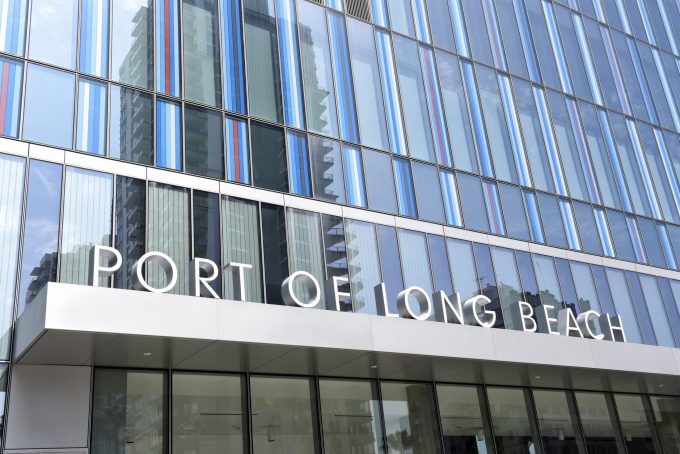Tech advances leave ship systems cyber-vulnerable, says DNV
A lack of interconnected shipboard equipment is making shipping a difficult target for cyberattack – ...

Just when it seemed that US west coast labour contract negotiations were advancing toward settlement, dockworker absences on Friday forced several terminals to halt operations and impacted cargo flows at other facilities.
The action affected terminals at Los Angeles and Long Beach, as well as the ...

Comment on this article